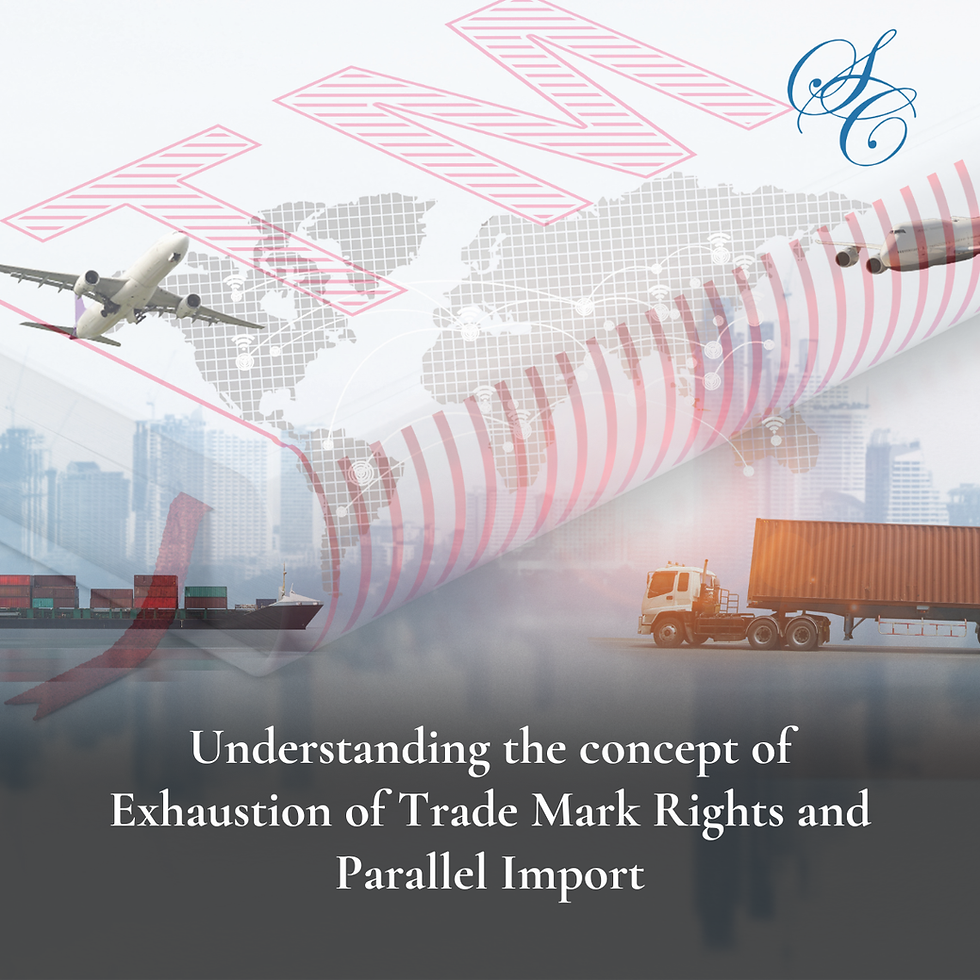Pendency at the IPAB – Ray of Hope?
- Sarwajeet Singh
- Jul 29, 2019
- 3 min read
The Intellectual Property Appellate Board (“IPAB”) was established in the year 2003 primarily with the objective of rendering “technical” expertise in IP cases. However, in recent times, the IPAB has been plagued with a long pendency of cases, in large part due to lack of coram. Under the law, the IPAB bench shall comprise of a Judicial Member and a Technical Member. However, there might be a beacon of hope with the decision of the Delhi High Court in Mylan Laboratories Limited vs Union of India & Ors., (Order dt. 08.07.2019 W.P.(C) 5571/2019).
In Mylan, Hon’ble Justice J. R. Midha expressed grave concern over the pendency of around 3935 cases at the IPAB due to vacancies in the posts of the Technical Members for Trade Marks, Patents and Copyright. It is notable that, currently there is only one Technical Member at the IPAB for cases relating to Plant Varieties Protection.
Mylan Laboratories had filed an appeal along with a stay application at the IPAB, challenging an order passed by the Deputy Controller of Patents and Designs in a patent pre-grant opposition matter. However, since the matter was not heard by the IPAB owing to lack of coram, Mylan Laboratories approached the Delhi High Court for an urgent hearing of the stay application.
Relying on the principles laid down in cases pertaining to other tribunals, namely, the Election Commission and the Delhi VAT Appellate Tribunal, the Hon’ble High Court invoked the “Doctrine of Necessity” in the above case, and held that the intention of the legislation is the continuity of the IPAB and not its cessation because of vacancy in its technical membership. The court held that the Chairman of IPAB and the Technical Member (Plant Varieties Protection) are competent to hear urgent matters relating to Patents, Trade Marks and Copyright till the vacancies of Technical Members are filled up, and orders passed in such cases would not suffer any invalidity on the ground of lack of coram. In Patent matters, the Chairman has been given the liberty take the expert opinion of a scientific advisor as provided for under the law relating to patents. Further, if the Technical Member (Plant Varieties Protection) is not available for any reason, the Chairman has been given the power to hear urgent matters single-handedly.
The above order heavily relies on the principle that the right to life guaranteed to the citizens under the Indian Constitution includes not only the right to justice, but also access to justice. There is hope that this order will definitely provide “quicker” access to justice and help clear the heavy backlog at the IPAB. Such an approach may be helpful, especially in Patent cases, where the term of a Patent is only twenty years, and in many cases, due to lack of coram, the Patents have expired, and the rights of the parties have been severely prejudiced.
On the other hand, the primary reason behind the constitution of the IPAB, i.e., to enable some level of “technical” expertise in IP adjudication, may get completely defeated in this attempt of clearing the logjam at the IPAB. It is pertinent to note that there are specific provisions which enlist the minimum qualification(s) to be possessed by a Technical Members of Patents, Trade Marks and Plant Varieties Protection. These provisions have been meticulously drafted, keeping in mind the different kind of expertise required to deal with different subject matters. As such, orders passed by the Chairman and the Technical Member (Plant Varieties Protection) in Trade Mark, Patent and Copyright cases, as well as orders solely passed by the Chairman in all IP cases, may lack due consideration of technical aspects.




Comments